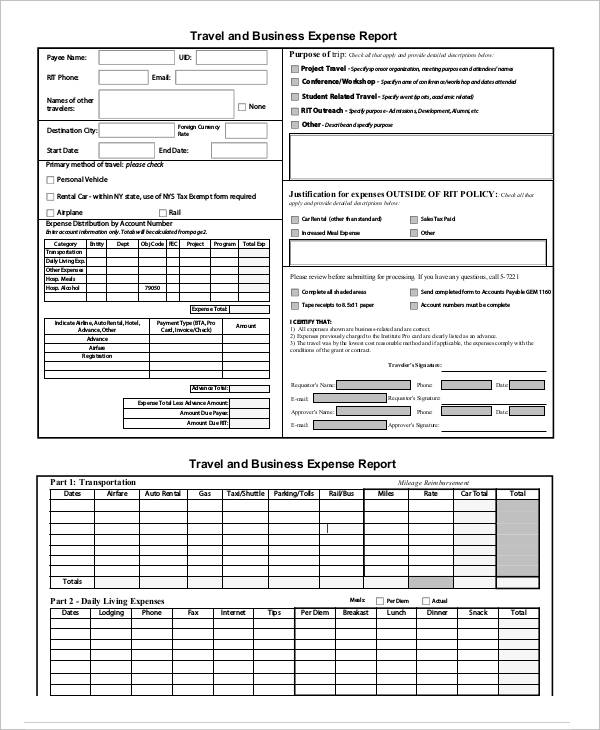

As such, entertaining at home may be deductible providing there was business intent and business was discussed. Your home is considered a place conducive to business. They must also be substantiated (see below). Meals and entertainment must be “ordinary and necessary” and not “lavish or extravagant” and directly related to or associated with your business. Most are deductible at 50 percent, but there are a few exceptions. There are limits and restrictions on deducting meal and entertainment expenses. Incidentals, including computer rentals, stenographers’ fees.Transportation costs between “temporary” job sites and hotels and restaurants.The cost of keeping and operating an airplane, including hangar costs.The costs of keeping and operating a car, including garaging costs.The cost of bringing or sending samples or displays, and of renting sample display rooms.Airfare, bus fare, rail fare, and charges related to shipping baggage or taking it with you.The costs of transportation between job sites or to and from hotels and terminals.Costs for secretarial services away-from-home.Costs for telephone, fax or modem usage.The cost of having your clothes cleaned and pressed away from home.Meals (limited to 50 percent) and lodging while traveling or once you get to your away-from-home business destination.Here’s a list of some deductible away-from-home travel expenses: The IRS also allows you to deduct 100 percent of your transportation expenses–as long as business is the primary reason for your trip. You can deduct one-half of the cost of meals (50 percent) and all of the expenses of lodging incurred while traveling away from home. Meals may be partially deductible as an entertainment expense. You generally cannot deduct lodging and meals unless you stay away from home overnight. If your main place of business is your personal residence, then business trips from your home office and back are considered deductible transportation and not non-deductible commuting. The cost of local business transportation includes rail fare and bus fare, as well as costs associated with use and maintenance of an automobile used for business purposes. Second, you can deduct away from home travel expenses, including meals and incidentals, but if your employer reimburses your travel expenses your deductions are limited.Meals and incidentals are not deductible as travel expenses, but you can deduct meals as an entertainment expense as long as certain conditions are met (see below). You can deduct local transportation expenses incurred for business purposes such as the cost of getting from one location to another via public transportation, rental car, or your own automobile. Tax law allows you to deduct two types of travel expenses related to your business, local and what the IRS calls “away from home.”


 0 kommentar(er)
0 kommentar(er)
